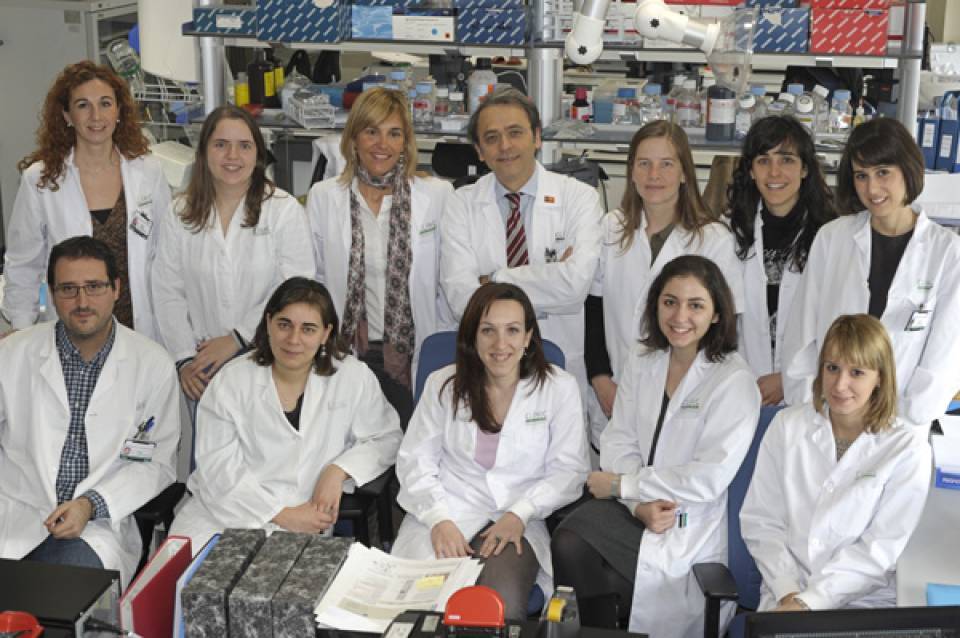Intrahepatic cholangiocarcinoma (IHCC) is the second most frequent hepatic neoplasia and represents 10% of liver cancers (around 70,000 new cases per year worlwide). This tumor is difficult to detect in early stages, which means that only 30% of patients are eligible for surgery and for which there is no molecular therapy. In this work researchers have identified that the mutation in IDH, detected in 25% of IHCC cases, induces proliferation of primary liver progenitor cells into cholangiocytes, the epithelial cells of the bile duct where this type of cancer occurs, instead of differentiation into hepatocytes. Moreover, they have discovered that it is an oncogenic mutation, promoting the tumor by itself and, in combination with mutations in the Kras gene, makes the disease much more aggressive. In this investigation has also participated Agios Pharmaceuticals, a biotech company, who has developed a molecular drug that selectively blocks the mutated form of IDH and stops the progression of the disease.
Thus, the study defines the mutated progenitor cells as the origin of this type of cancer and offers a new therapeutic target for the treatment of patients with cholangiocarcinoma, who currently have a very poor prognosis and are resistant to existing therapies.
Article reference:

